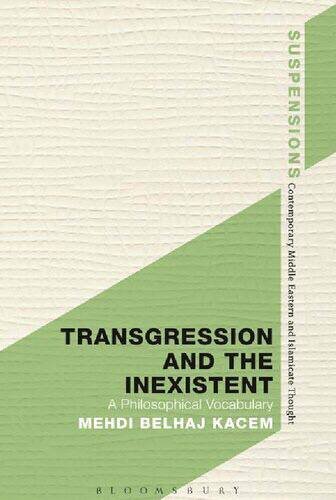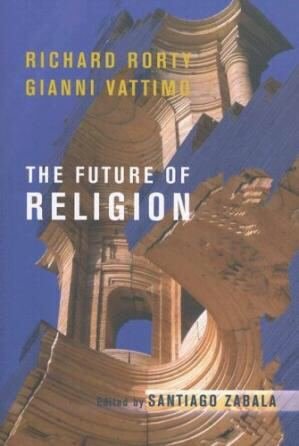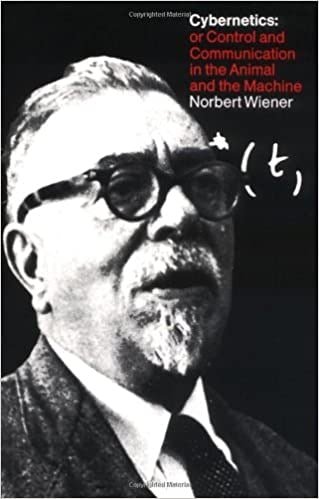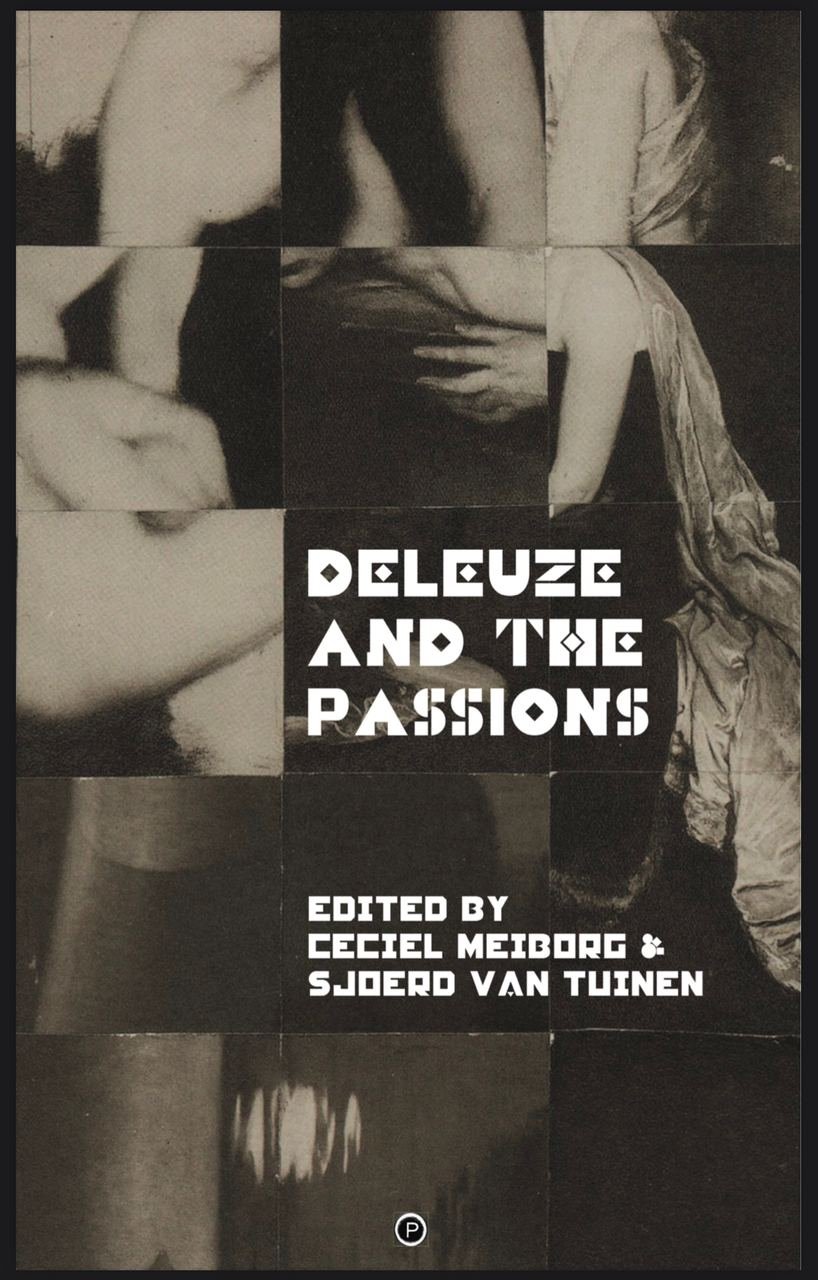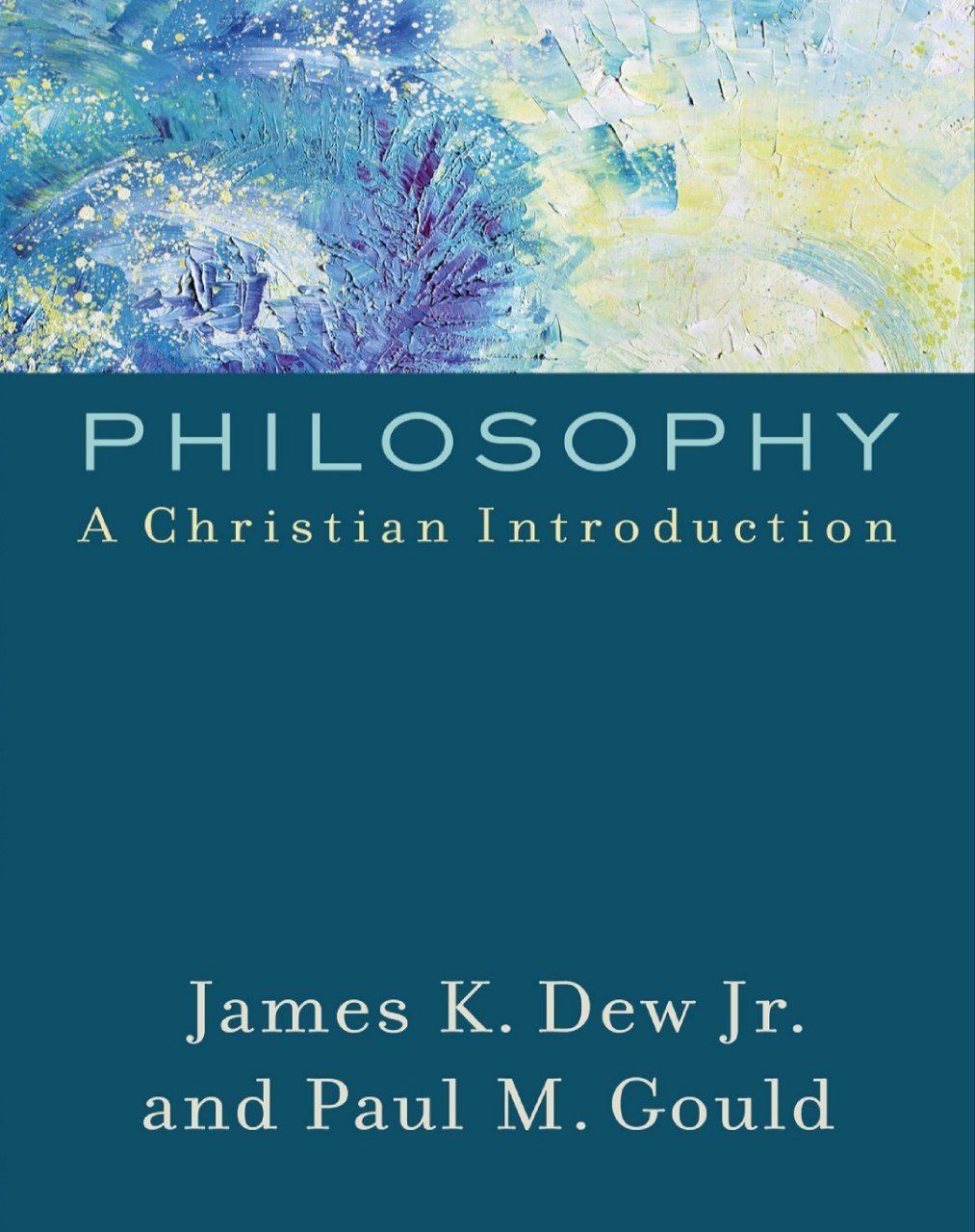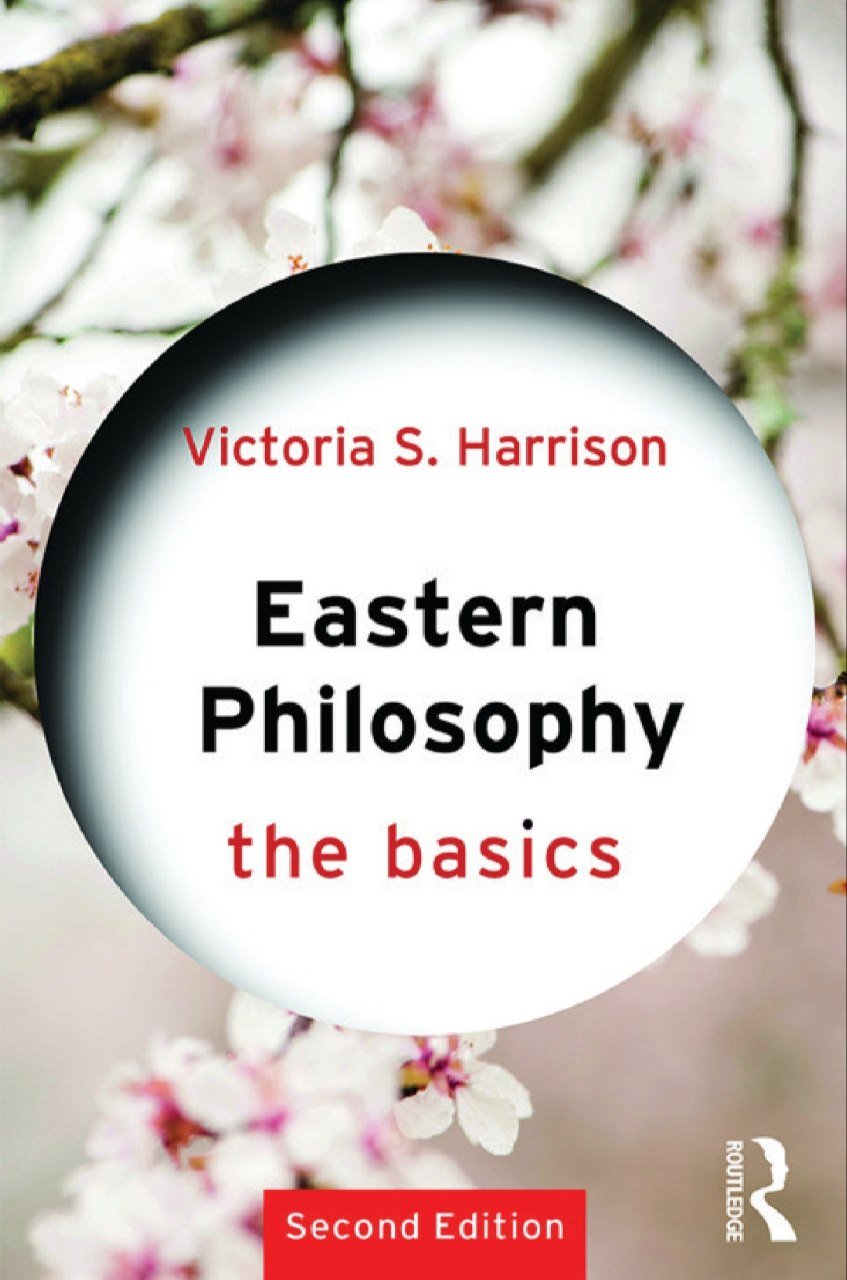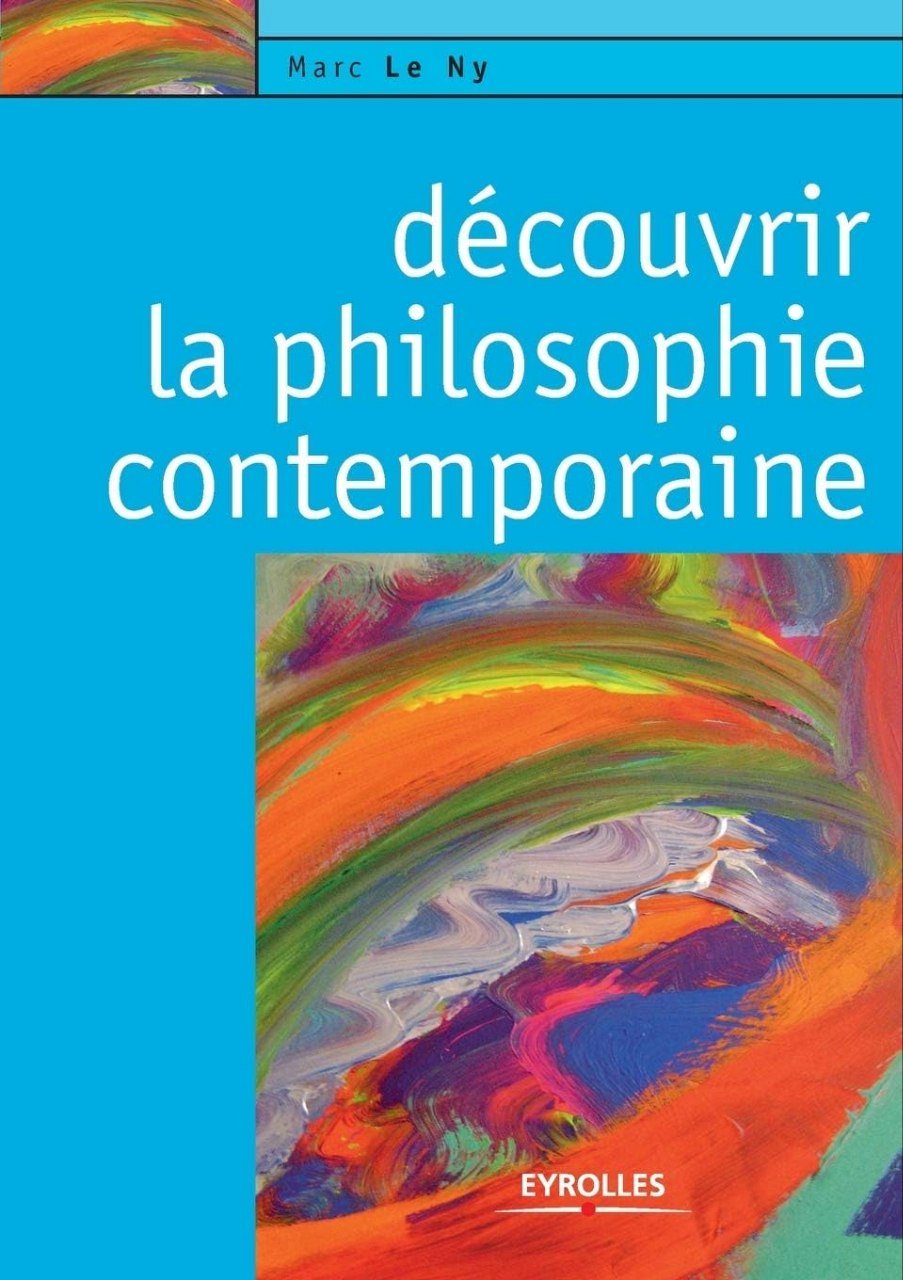

Deleuze, Altered States and Film by Anna Powell
Reviews
No review yet. Be the first to review this book!
Description
"Deleuze, Altered States and Film" by Anna Powell is an insightful and thought-provoking exploration of how Gilles Deleuze’s philosophy can be used to interpret and understand cinema, particularly films that depict altered states of consciousness. Powell delves into the complex and often disorienting world of cinematic experiences that challenge the viewer’s sense of time, space, identity, and reality. Drawing on Deleuze’s concepts of the movement-image and time-image, she demonstrates how certain films transcend traditional narrative structures to create immersive experiences that evoke altered perceptions and heightened sensory awareness. Powell argues that such films do not merely represent altered states like dreams, hallucinations, or trance but actively induce them in the spectator through innovative audiovisual techniques. She focuses on genres like horror, science fiction, and experimental cinema, which frequently employ nonlinear storytelling, disjunctive editing, and abstract imagery to disrupt the spectator’s cognitive faculties and evoke visceral, affective responses. Throughout the book, Powell examines the work of filmmakers such as David Lynch, Ken Russell, and Darren Aronofsky, analyzing how their films function as cinematic experiments that embody Deleuzian ideas of becoming, deterritorialization, and immanence. Powell also explores themes of identity dissolution, the body without organs, and transcendence, showing how film can serve as a medium for philosophical inquiry and experiential transformation. By merging Deleuze’s complex theoretical framework with close film analysis, Powell offers a compelling account of how cinema can operate as a space of radical alterity, where conventional notions of self, time, and reality are deconstructed and reimagined. "Deleuze, Altered States and Film" invites readers and viewers alike to embrace the unsettling, transformative potential of cinema and to experience film not just as representation but as an event that directly engages the senses and the subconscious mind.



























.jpg)










.jpeg)


.jpg)
.jpeg)





.jpg)
.jpeg)



.png)


.jpg)












.jpg)





.jpeg)
.jpeg)
.jpg)









.jpg)
.jpg)



.jpg)
